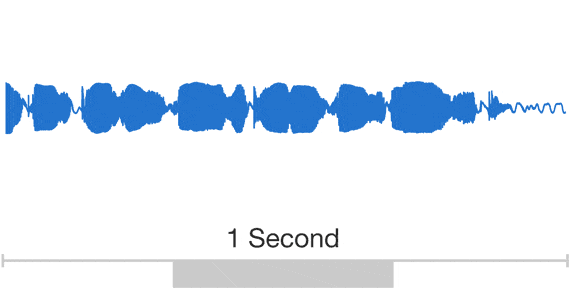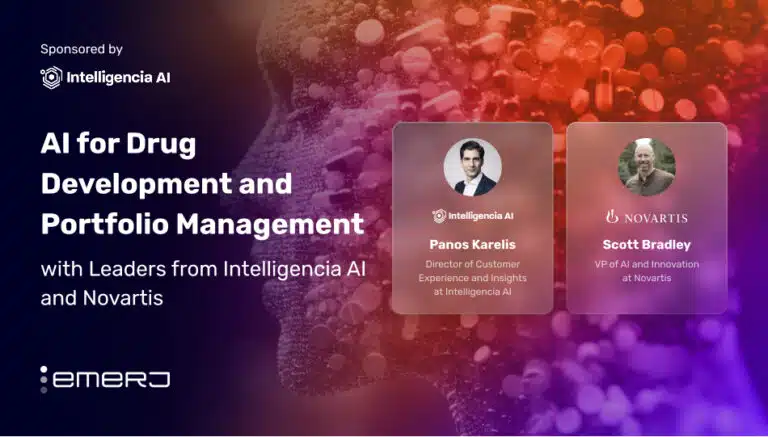1 – WaveNet: DeepMind’s Generative Model for Raw Audio
On Thursday, researchers at DeepMind introduced WaveNet, a “deep generative model of raw audio waveforms” that moves forward how sound is generated in text-to-speech (i.e. speech synthesis). The deep learning-based model is able to generate both increased human-like sounding speech (DeepMind claims it has reduced the gap with human performance by over 50 percent), as well as music and other audio signals. WaveNet is different from the latest parametric TTS models because it directly models raw waveforms, as opposed to generating sound by passing outputs through vocoders (signal processing algorithms). On their blog, DeepMind provides both a link to their paper, as well as WaveNet sound clips of speech (in English and Mandarin) and generated piano music.

DeepMind’s WaveNet synthesis
(Read the full article and research paper on DeepMind’s Blog)
2 – CMU Algorithm Detects Online Fraudsters
A team of CMU researchers have developed an algorithm that targets fake social media accounts, as well as fraudulent Amazon and Yelp reviewers. FRAUDAR is not the first algorithm of its kind, but it works well enough that the CMU team won Best Paper at the 2016 Conference on Knowledge Discovery and Data Mining in San Francisco in August 2016. This new method can sort through the “camouflage” used by fraudulent account users, such as linking an account to a popular celebrity or using hijacked accounts. While these are not criminal activities, fraudulent behavior does undermine the value of public platforms. As Christos Faloutsos, a member of the FRAUDAR research team, stated:
“The algorithm is very fast and doesn’t require us to target anybody. We hope that by making this code available as open source, social media platforms can put it to good use.”
(Read the full article on Carnegie Mellon University News)
3 – Google to Pay $625M to Buy San Jose-based API Management Business
Google will purchase San Jose-based Apigee for a reported $625 million by the end of 2016. The multi-million purchase price translates to $17.40 a share, up $0.40 from the $17 per share price that Apigee has been trading steady at since going public in April 2015. Apigee develops API (application programming interfaces), which allows two software programs to communicate with the other. According to Diane Greene, Google’s cloud business chief,
“Companies are moving beyond the traditional ways of communicating like phone calls and visits and instead are communicating programmatically through APIs.”
Companies currently using Apogee’s APIs include Walgreens, AT&T, and Live Nation, among others. The business API management market is predicted by Forrester to reach $3 billion by 2020.
(Read the full article in Silicon Valley Business Journal)
4 – Michigan Moves to Not Require Human in Driverless Test Cars
Michigan’s mission to make itself an emerging leader in tech research and development was bolstered on Wednesday, when its Senate passed a bill that eliminates the requirement for a human to be inside autonomous vehicles during test drives. The bill, which is also supported by Governor Rick Snyder, will be sent for legislative approval by the end of 2016. Senator Mike Kowall, the lead sponsor, told his fellow senators:
“We’re moving into the next century. With your assistance, we’re going to secure Michigan’s place … as the center of the universe for autonomous vehicle studies, research, development and manufacturing.”
Michigan is one of only eight states that has passed laws concerning the handling of autonomous cars. Meanwhile, the federal government continues to develop recommendations for states on how to handle autonomous vehicles; these guidelines are expected to be released in late September 2016.
(Read the full article in U.S. News & World Report)
5 – IBM Linux Servers Designed to Accelerate Artificial Intelligence, Deep Learning and Advanced Analytics
On Thursday, IBM announced its development of new servers that will help support and boost processing power for cognitive workloads involved in deep learning and advanced data analytics. The new Linux-based servers not only help move AI progress forward, but cut data centers costs for companies and cloud-based service providers. In a test run at Chinese-based Tencent, an Internet service provider, a cluster of IBM’s OpenPOWER servers processed data three times faster than its x86 server predecessor. Through its OpenPOWER Foundation, IBM has also developed a new processor called POWER8, which uses NVIDIA’s Tesla P100 Pascal GPU through NVIDA NVLink (a high-bandwidth interconnect). The U.S. Department of Energy’s Oak Ridge National Laboratory (ORNL) and Lawrence Livermore National Laboratory (LLNL), along with an unnamed multinational retail corporation, will be two of the first entities to receive IBM’s new Power Systems.
(Read the full release on IBM News)
Image credit: Wired


















